Strawson/Evans : The Usefulness of Slipping to the Propositional
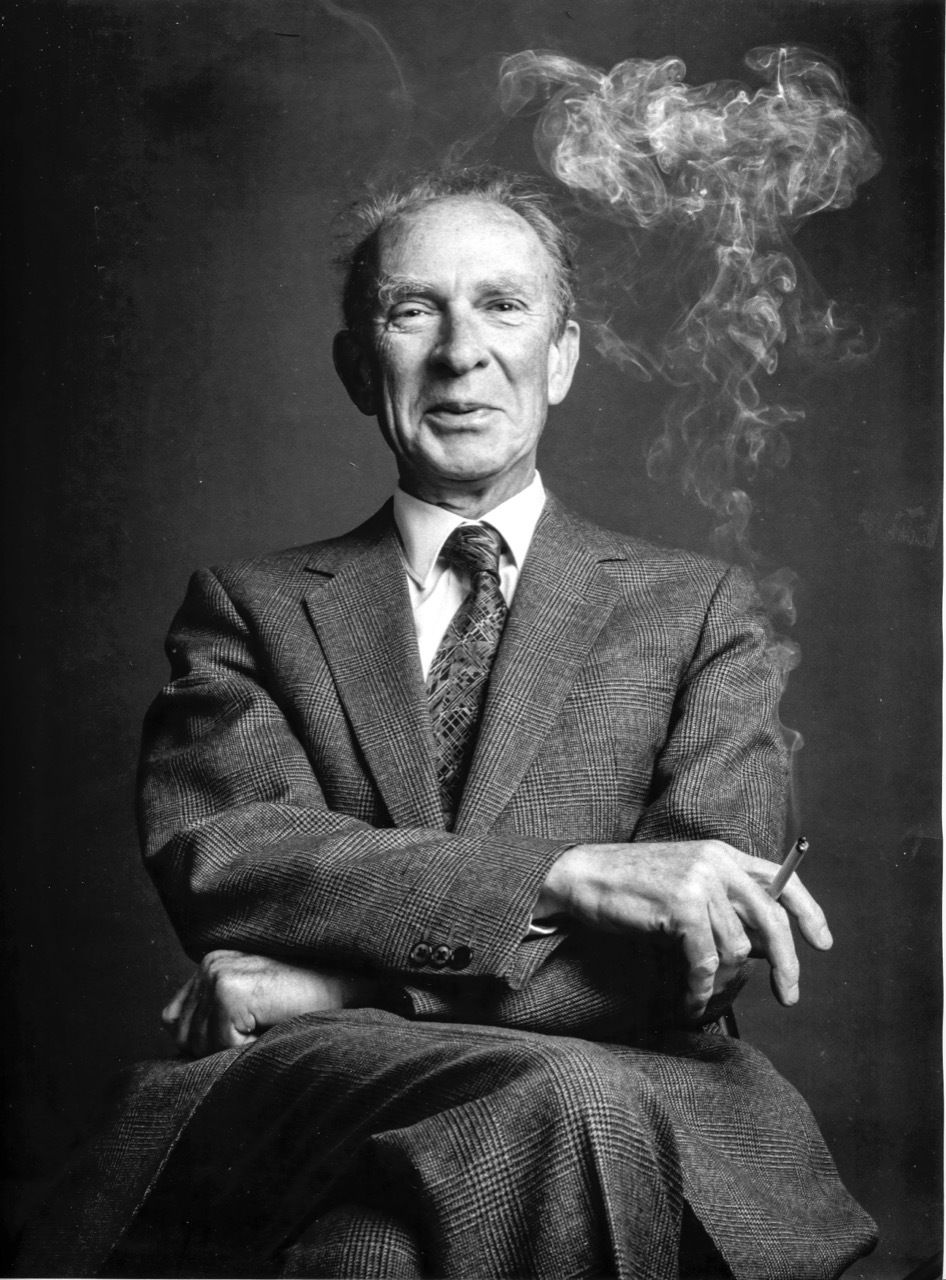
By Simon Blackburn
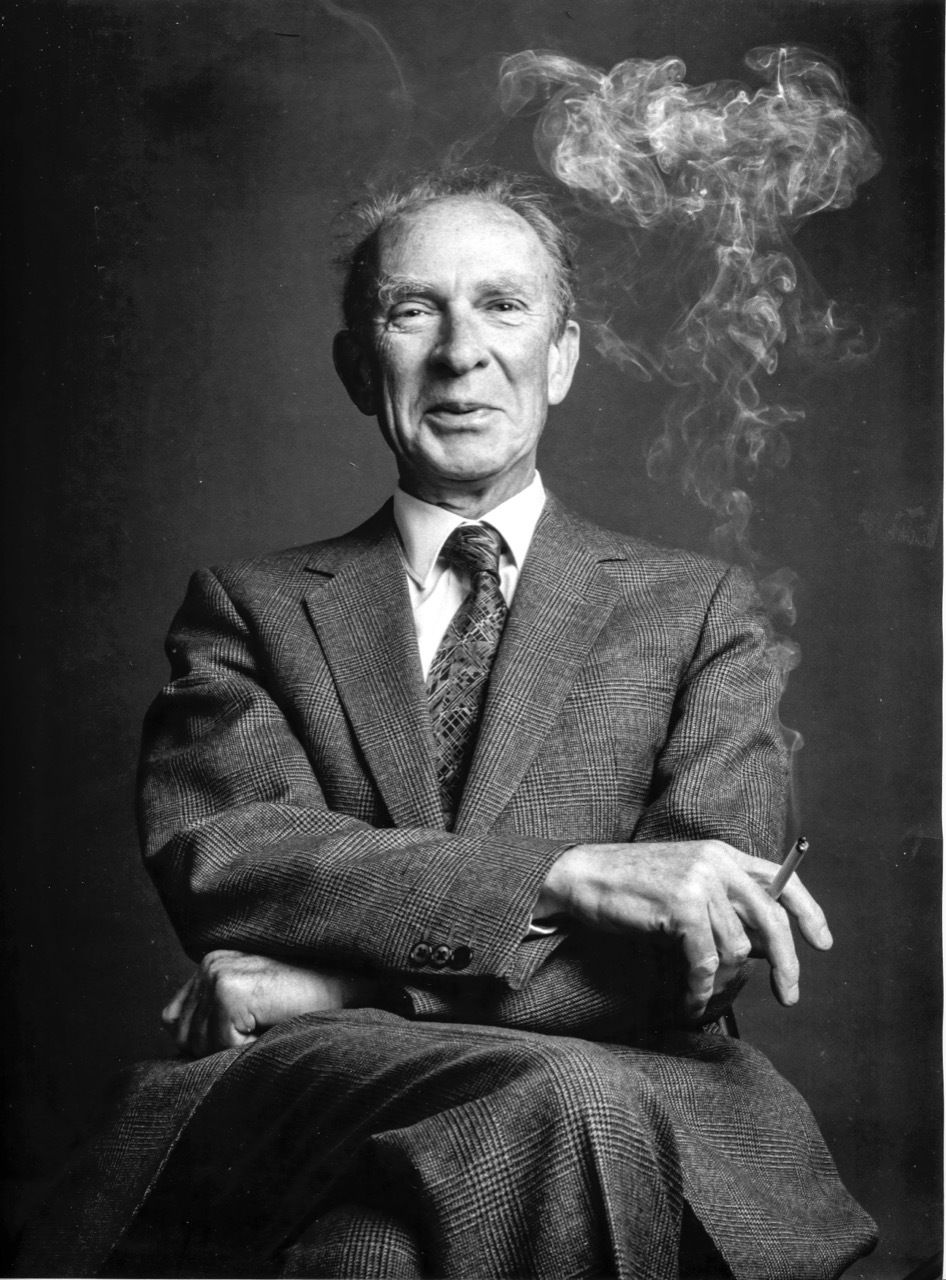
(Studio Photo of Peter Strawson by Simon Blackburn from the late eighties. The portrait hangs or used to hang in the Ryle room in the Faculty at Oxford)
When I migrated from Cambridge to my new post at Pembroke College Oxford in the fall of 1969 I got the sense that many of the Old Guard there regarded me as some kind of foreign usurper. Perhaps their own favourite pupils had not been offered the job as they undoubtedly deserved. An exception was Peter Strawson, who was always friendly, and whom I came to admire greatly. Some years later when I belonged to a rather grubby photography workshop in the city I persuaded him to come downtown for me to make a portrait of him. I hope that some of the affection I felt comes through, as well as his undoubted amusement at the occasion.
The film of Strawson’s conversation with Gareth Evans brings many memories of those years flooding back. It reminds me too of the Davidsonic Boom, as it was christened by Bernard Williams (the noise a research program makes when it gets to Oxford), for Davidson’s Locke lectures had ignited all the Young Turks in the Faculty. Convention T was all the rage. I later wrote Spreading the Word to try to help puzzled students make sense of it all.
Revisiting the film I was struck once more by Strawson’s wonderfully delicate, feline, handling of the issues surrounding truth. As Cheryl Misak has emphasized, he sounds remarkably like Frank Ramsey, whose famous dismissal of the idea that there is a separate problem of truth is but a prelude to his hurling himself at problems of meaning and assertion. Strawson too echoes Ramsey’s identification of a ‘primary system’’ as opposed to intellectual complexities that might be raised upon its basis, and gently chides Evans for skating over the division between those sayings that count as the assertion of something which admits the label true or false, and those that do not, such as interrogatives, optatives, imperatives, for example. These can be sensible, appropriate to a context, and in some cases present topics for agreement or disagreement. “Would I were in Grantchester!” says the younng romantic. “Don’t be silly, you wouldn’t like it there”. “Be nice to your sister!” “Why?”. But in no case “That’s false (or true)”
The problem Strawson puts to Evans afflicts areas to which I have been especially drawn, such as morals, modals, and conditionals. In each case the function that plausibly explains our attachment to these, such as conveying attitudes and injunctions in the case of morals, dismissing alternatives in the case of necessity, and recommending or policing inferences in the case of conditionals seems to contrast with describing the way the world is. Cato the Censor could simply have said “Destroy Carthage!” or “Let’s destroy Carthage”, and there is no question of truth or falsity. Instead he said “Carthage is to be destroyed”, as if Carthage were asking for it. He displaces the issue onto Carthage itself, as it were. The football fan can voice his appreciation in any of a number of ways that don’t admit of truth or falsity: “Wow!” “Just watch the Ronaldo dribbles” and so on. But he can then slip without any effort into a propositional form “Ronaldo is fantastic”. Nietzsche had a characteristically low opinion of this transformation, seeing it as an underhand way in which the powerful delude people into thinking that their wishes and plans have some kind of celestial backing: it is the ‘protracted and domineering fundamental feeling on the part of a ruling order...they say “this is this and this”, they seal every thing and every event with a sound, and, as it were, take possession of it.’ [1]
But I don’t think a conspiracy theory is more plausible here than anywhere else. I have always tried to argue that the propositional transformation or reflection of the relevant states of mind is legitimate. We need it, because the propositions give us targets for reflection and inquiry in a way that their parents do not. Cato may need to be told that if we are to destroy Carthage we will need more ships, and if we are to build more ships we have to raise taxes, and in turn these claims can themselves be contested or agreed. If they suggest dire consequences we may oppose Cato’s plan: Carthago amanda est.
Sellars got this right, insisting long ago (in 1958) that we give ‘ungrudging recognition’ to the fact that ethical discourse is a mode of rational discourse, seeing this both as compatible with what was then called emotivism, and also wrongly assimilated by ‘metaphysical rationalists’ to describing how things are. But both in this case, and in the case of Hume’s philosophy of causation, which Sellars was defending, metaphysics and rationalism grumble on. Groundings, truth-makers, and other strange essences inhabit the imagininations of many philosophers, even although those are the only places they are to be found. Wittgenstein also got much of it right and had Ramsey lived I am sure that Strawson, Evans, and nearly all the rest of us would have joined him.
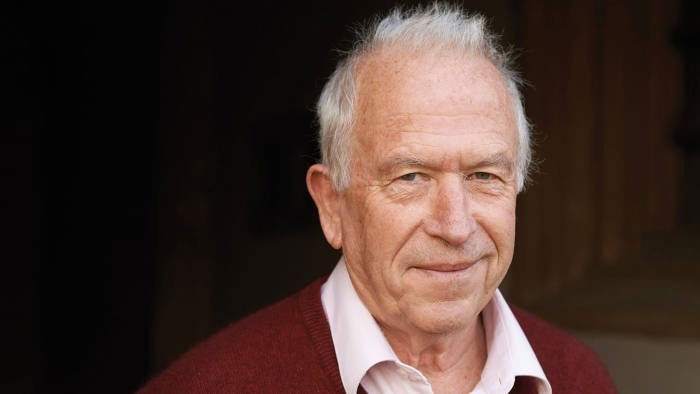
ABOUT THE AUTHOR
Simon Blackburn is an English academic philosopher known for his work in metaethics, where he defends quasi-realism, and in the philosophy of language; more recently, he has gained a large general audience from his efforts to popularise philosophy. He has written many books, including:
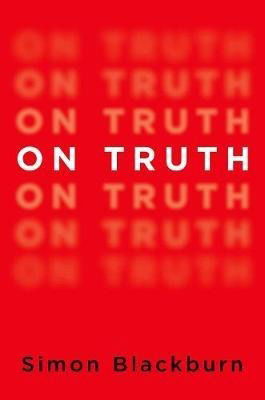
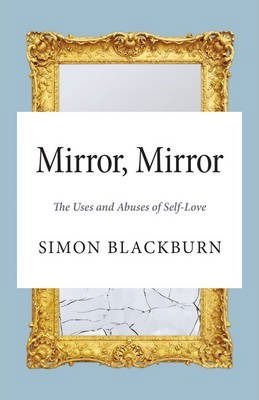
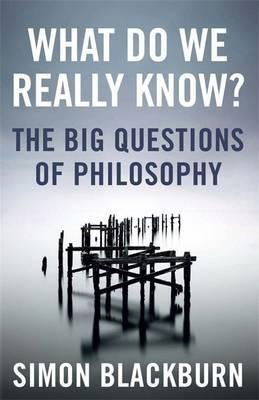
What Do We Really Know? The Big Questions of Philosophy;
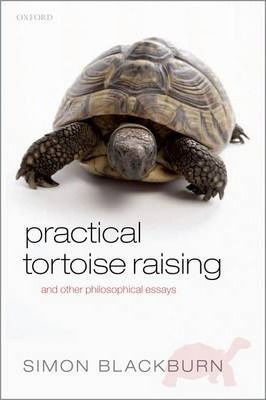

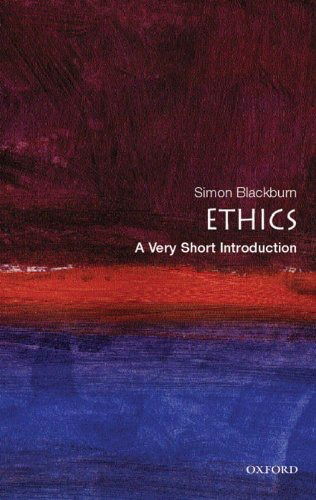
A Very Short Introduction to Ethics;
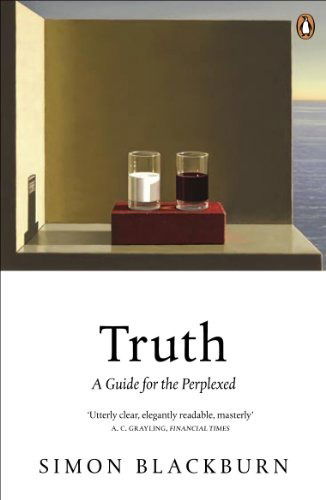

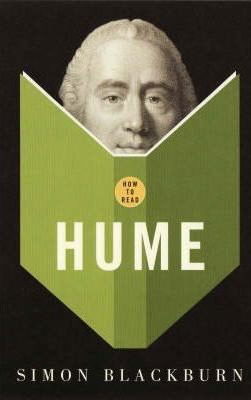
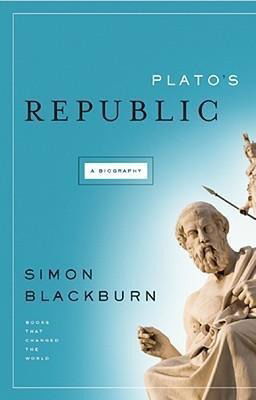
Plato's Republic: A Biography;
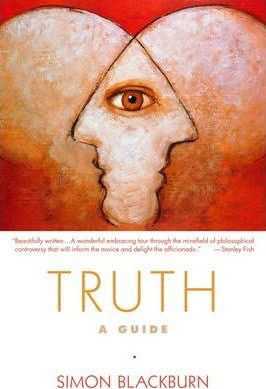
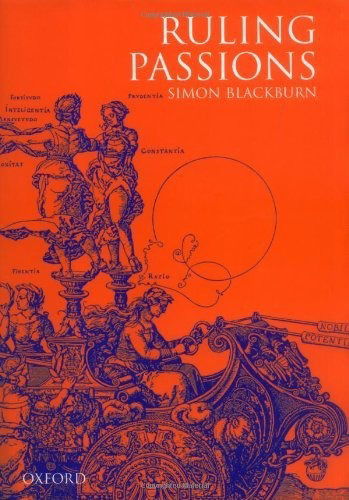
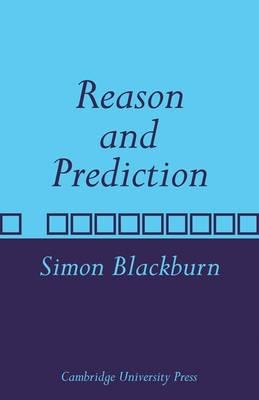
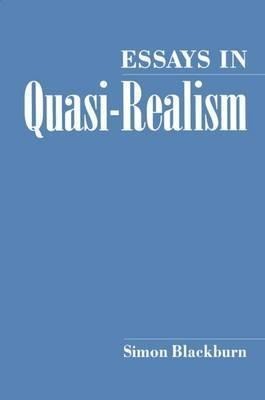
[1]Nietzsche, The Genealogy of Morals, Essay 1, §2